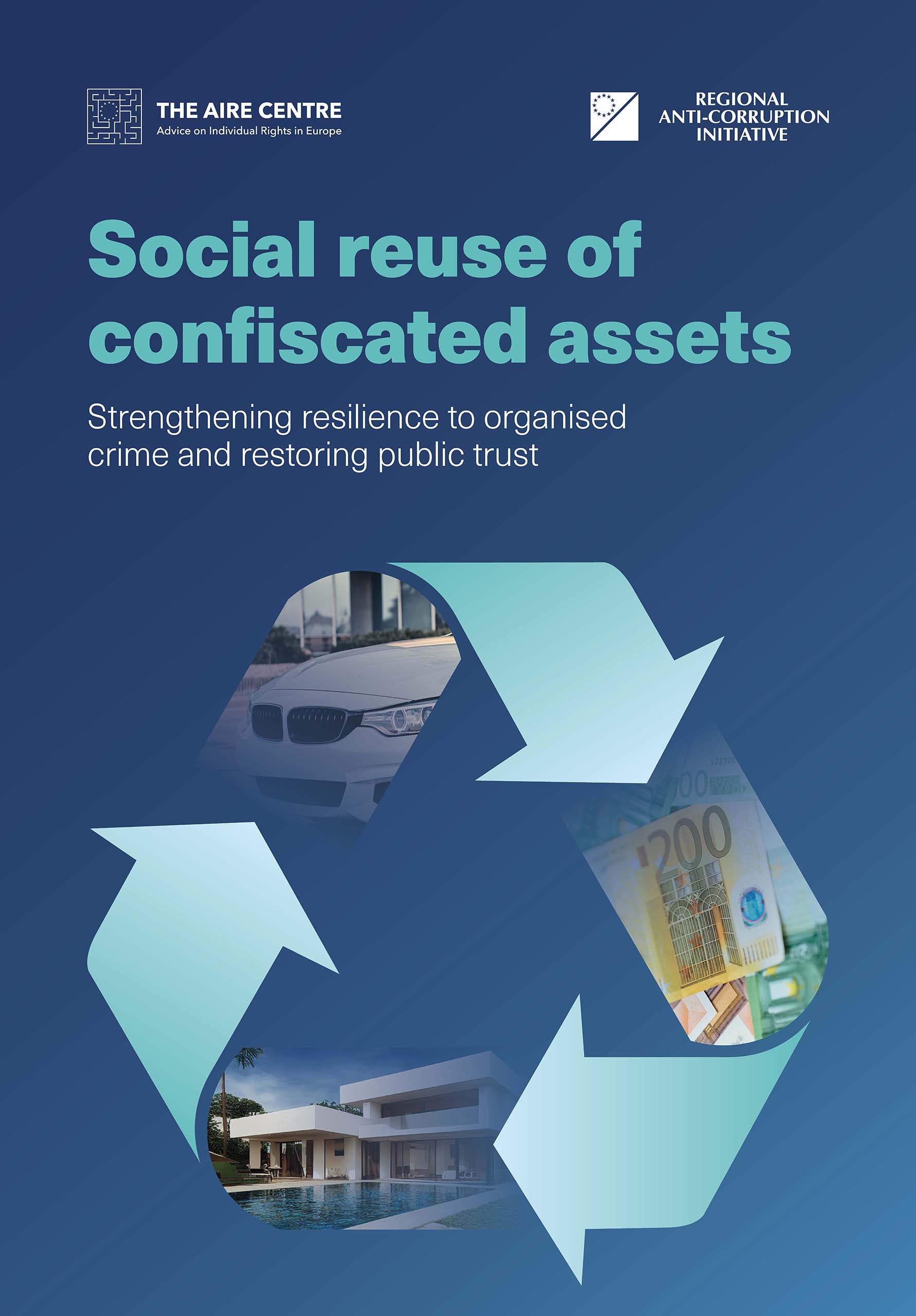This study provides an excellent overview of the most relevant good practices and lessons learned from social reuse legislation and practices implemented to date in different countries in Europe and globally. In this study, you can read the answers to the key questions: what can and should be done with confiscated assets at the final, disposal, stage of the asset recovery process? In particular, the study analyses the growing practice of social reuse of confiscated assets and highlights some of the benefits of social reuse as a means of asset disposal, both for the victims of serious and organised crime and for society more generally. With its focus on the social reuse of confiscated assets as a tool for strengthening community resilience and reinforcing public trust, the study takes one step ahead of existing individual and organizational accomplishments in the ongoing fight against organized crime and corruption. It begins by providing some background on the historical development of social reuse, its potential social, economic and symbolic benefits and its importance in ensuring the effectiveness of the asset recovery process as a whole. It then analyses key international instruments and guidance regarding asset disposal, victims’ rights and social reuse, before providing an overview of some of the key asset disposal and social reuse measures implemented domestically, in jurisdictions across Europe. The study concludes with key recommendations and conclusions regarding best practice on implementing social reuse systems and legislation.
- |
- Library
- |
- Social reuse of confiscated...
Publication details
Publication year:
2023
Type:
Project:
Jurisdiction:
